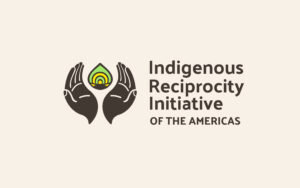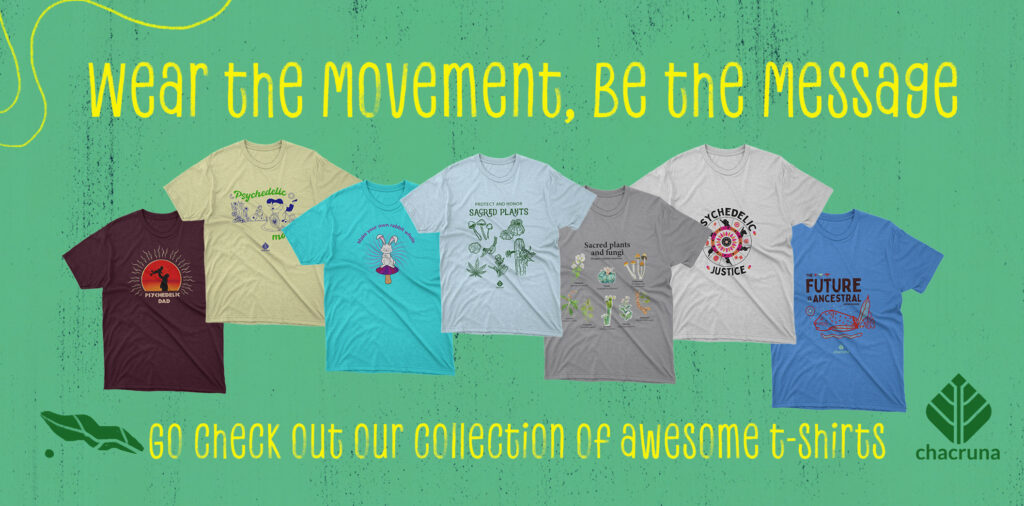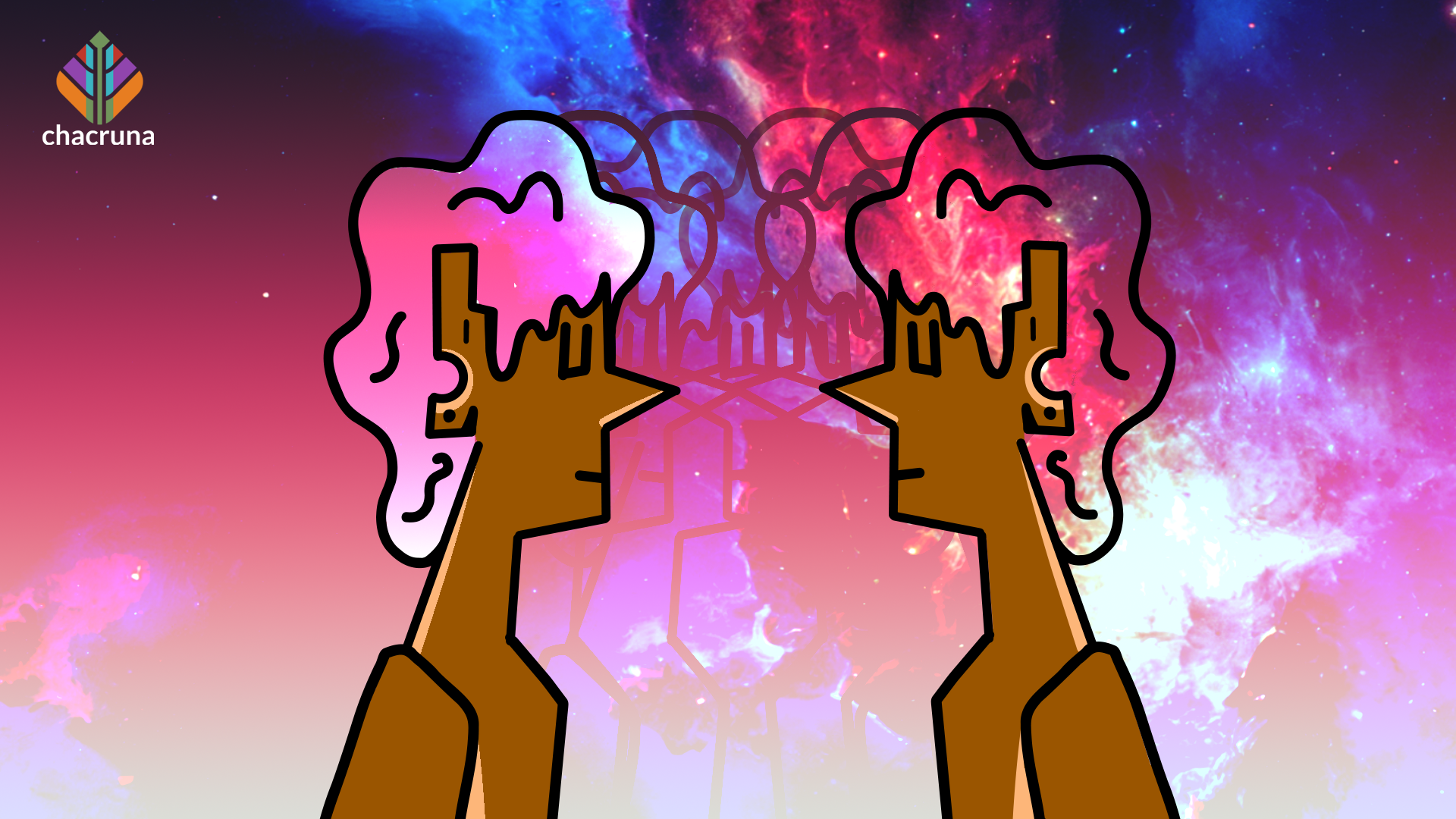Dual and multiple relationships in the psychedelic community are remarkably common, though very little has been published on this subject (see Taylor, 2017; Brennan et al., 2021). When a psychedelic therapist, researcher, supervisor/trainer, or ceremonial leader has more than one type of relationship with a person or an organization in their personal or professional network, a dual or multiple relationship is present, leading to potential conflicts of interest, clouded judgment, boundary confusion, and risks of harm. Dual relationships are best navigated with ethical reflection and care.
Consider the following scenarios and associated risks, typical in the psychedelic field(s):
- A therapy practice is training their therapists in a new psychedelic modality. The lead therapist/owner offers to facilitate a medicine session for a junior therapist as part of their training. The junior therapist accepts the offer of the free facilitated session to learn from the expertise of their boss, who is a recognized leader in the field of psychedelic-assisted therapy (PAT).
- An ayahuasca ceremonial facilitator invites a woman he is casually dating to join his ayahuasca circle. The woman plans to attend an upcoming ceremony to seek healing from early childhood trauma.
- A psychedelic philanthropist sends the draft of an article he has written to an editor of a prestigious psychedelic science journal to see if the article fits the journal. The editor is the director of a psychedelic research center that has requested grant funding from the philanthropist.
- A PAT supervisor attends a music festival and runs into a group of current supervisees. The therapists-in-training invite their supervisor to hang out in their festival tent and offer her a tab of LSD
- A university-based researcher is conducting a clinical trial to evaluate the efficacy of a new psychedelic drug. The study is funded by a private investment company. The researcher receives substantial funding from the company that covers not only the costs of the clinical trial but also a generous research grant for his laboratory and a consultancy fee for his expertise.

Discover the Indigenous Reciprocity Initiative of the Americas
These dual (or multiple) relationships have competing ethical obligations and can quickly become problematic without careful boundary negotiation to ensure fairness and the mitigation of potential harms. The power differentials present in these relationships add to the complexity and risk, especially when power and privilege are based on systemic oppression. Approaching the dynamics that will inevitably arise in dual relationships, necessitates a thoughtful and well-informed approach to power and the ways that these arrangements can lead to exploitation or harm.
- The junior therapist could suffer distress or employment discrimination if personal information that they did not intend for their boss to know is revealed in the psychedelic therapy session.
- Previously crossing a boundary of sexual intention and sexual touch places the ceremonial leader at risk of harming or exploiting his new dating companion. He could exploit her reliance on his spiritual guidance to take the relationship in a direction she is not able to fully consent to. She could feel confused or experience spiritual harm if his sexual needs and intentions take priority over her well-being during or after the ceremony. The health of the ceremonial community could be impacted if community members feel pressure to support the leader once sexual exploitation is discovered.
- The editor/scientist may be tempted to help the philanthropist with his writing submission, bypassing the anonymous peer review process to develop a relationship that would support an increase in funding for her institution.
- If the PAT supervisor hangs out in their supervisees’ festival tent under the influence of LSD, the supervisor might find it challenging to be fair and objective when evaluating their supervisees’ performance as therapists, potentially negatively impacting the supervisee’s current and future clients.
- Even if the researcher’s conflicts of interest are disclosed, they may be inclined to create a study design biased toward a positive outcome for the company’s patented drug, and the integrity of the research data could be compromised, eroding trust in the scientific community and the pharmaceutical industry.
Explicit and implicit protocols and norms guide complex relationships and moral obligations within communities and Westernized mainstream contexts rely heavily on external sources of accountability, such as professional codes, laws, litigation procedures, and human resource departments. But safeguards are largely available after the fact, and dual relationships often subtly or not so subtly demand secrecy from those that enter these complex relationships, leaving many harms unaddressed or unreported. Most often, when individual behavior is addressed, economic inequities are left unexamined, creating the potential for further risks of harm.
To navigate dual and multiple relationships with integrity, the following guidelines can be helpful for navigating these relationships, as they inevitably show up:
- Avoid complex dual relationships when possible. Consider whether adding another role is necessary or beneficial when a primary relationship already exists. Stepping aside and allowing another to take over a second role or responsibility can help align boundaries and protect the person with less power from unintentional harm.
- When dual relationships are intentionally entered into, seek guidance from trusted others to create greater transparency, acknowledgment of risks, and accountability. When harm does occur, attend to repair and learning through self-reflection, with support from others committed to integrity and responsibility. Consider the systemic as well as the interpersonal factors that created the potential for harm.
- Take care to publicly disclose conflicts of interest with greater transparency and community accountability. Seek out support from ethics committees and other supportive accountability networks, to receive ongoing consultation from trusted others, especially when a good way forward feels unclear.
In tightly knit subcultures and rural contexts, dual relationships may be unavoidable, especially when there are limited services and minimal options for receiving or providing support. In extractive economic contexts, conflicts of interest can reinforce systems of inequality by favoring profit-motivation over community well-being and equity. In diverse community contexts, dual relationships and the resulting conflicts of interest may have a broad and potentially negative impact on community trust and cohesion.
Cultivating an ethos of ethical relational care rooted in community well-being and an awareness of systemic inequities can support a good way forward for the psychedelic field with its many webs of relational complexity.
Through wise self-reflection and accountability, psychedelic practitioners and leaders can support the highest good of community members, even when dual relationships are present. Cultivating an ethos of ethical relational care rooted in community well-being and an awareness of systemic inequities can support a good way forward for the psychedelic field with its many webs of relational complexity.
Art by Mulinga.

Shop our Collection of Psychedelic T-Shirts.
References
American Psychological Association. (2020). Ethical principles of psychologists and code of conduct. Retrieved from https://www.apa.org/ethics/code/
Brennan, W., Jackson, M. A., MacLean, K., & Ponterotto, J. G. (2021). A qualitative exploration of relational ethical challenges and practices in psychedelic healing. Journal of Humanistic Psychology, 00221678211045265.
Taylor, K. (2017). The Ethics of Caring: Finding Right Relationship with Clients for Profound, Transformative Work in Our Professional Healing Relationships. Santa Cruz, CA: Hanford Mead Publishers.
Take a minute to browse our stock:
Did you enjoy reading this article?
Please support Chacruna's work by donating to us. We are an independent organization and we offer free education and advocacy for psychedelic plant medicines. We are a team of dedicated volunteers!
Can you help Chacruna advance cultural understanding around these substances?















